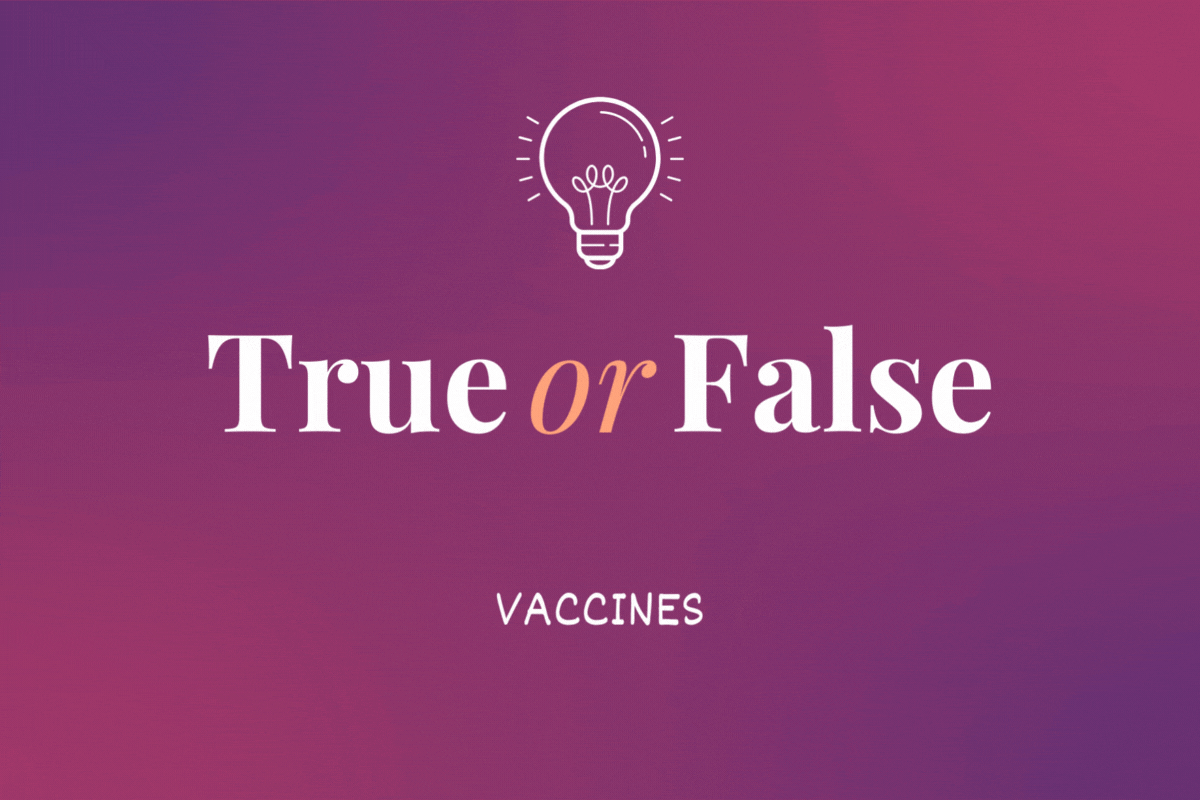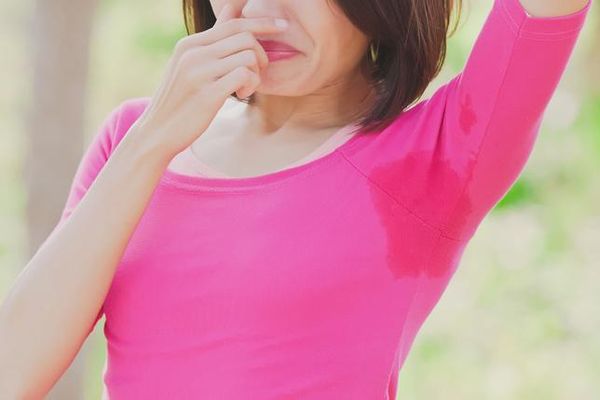Think about it: Your dentist may be the only health professional who is checking your body from the neck up. And there's a lot of information about your health right in your mouth.
Like how dry it is.
"On a daily basis, I see patients suffering from dry mouth and the issues associated with this condition," says Houston, Texas, dentist Dr. Carol Alvarado, creator of a line of natural oral care products. Dry mouth is a growing problem in dentistry that can lead to problems like extensive tooth decay, gum disease, mouth sores or infections and bad breath, she notes.
Dry mouth, aka xerostomia (zeer-o-STOE-me-uh), is the result of a decrease in saliva, which is produced by the salivary glands in your mouth.
Why does this matter?
We all need saliva to defend our mouth against tooth decay and maintain our mouth's health. Saliva is responsible for washing away debris and neutralizing harmful acid. It's the first line of defense against microbial invasion, or overgrowth that might lead to disease, according to the American Dental Association.
Dry mouth is not exactly a function of age, although many people think it is. Let me briefly explain: Because it's more common for older people to take more medications—and medications are a frequent culprit—dry mouth is more likely to affect older folks, as are other health conditions that lead to dry mouth (more on that in a moment).
Medications that can cause dry mouth
Both prescription and over-the-counter drugs can be culprits. These include:
- Medications to treat allergies, colds (antihistamines and decongestants), depression, anxiety, acne, epilepsy, diarrhea, nausea, urinary incontinence, Parkinson's disease, hypertension (diuretics) and asthma (some bronchodilators)
- Muscle relaxers and sedatives
Health conditions that cause dry mouth
Certain medical conditions can result in dry mouth, including:
- Sjögren's, Alzheimer's disease, cystic fibrosis, hypertension, stroke, HIV/AIDS, diabetes, anemia, rheumatoid arthritis, Parkinson's disease and mumps
Other things that cause dry mouth
- Side effects of certain medical treatments, like chemotherapy for cancer or radiation to the head and neck area (these can damage the salivary glands, reducing the saliva your body produces)
- Nerve damage from an injury or surgery, dehydration and surgical removal of the salivary glands
- Habits like smoking or chewing tobacco or breathing with your mouth open
How to know if you have dry mouth
- You have extreme thirst
- You wake up during the night needing water
- Your teeth feel rough, like sand
- Your cheeks "stick" to your teeth
- Your lips feel dry
- Your saliva feels thick and stringy
- You have frequent tooth decay, gum irritation and gum disease
- You have trouble chewing, speaking and swallowing
- Your lipstick may stick to your teeth
- Your throat feels dry
- Your tongue is red and/or raw
What you can do about dry mouth
- If you suspect your medication is causing the problem, talk to your health care provider about switching, if possible.
- Drink plenty of water to keep your mouth well hydrated.
- Try to avoid breathing through your mouth. Breathe through your nose as much as possible.
- Suck on candy or gum (sugar-free, please!).
- Use a fluoride toothpaste and rinse.
- Add moisture back into the air in your bedroom with a room vaporizer.
- Try an over-the-counter artificial saliva substitute.
"While there's no cure for dry mouth, the sooner it gets diagnosed, the less damage it does to your teeth, gums and overall health," says Dr. Alvarado.
More Reading:
Dental Cleanings May Help Keep Lungs Clean, Too
Many Americans Skip the Dentist Due to Cost
Is All That Flossing Really Worth It?







